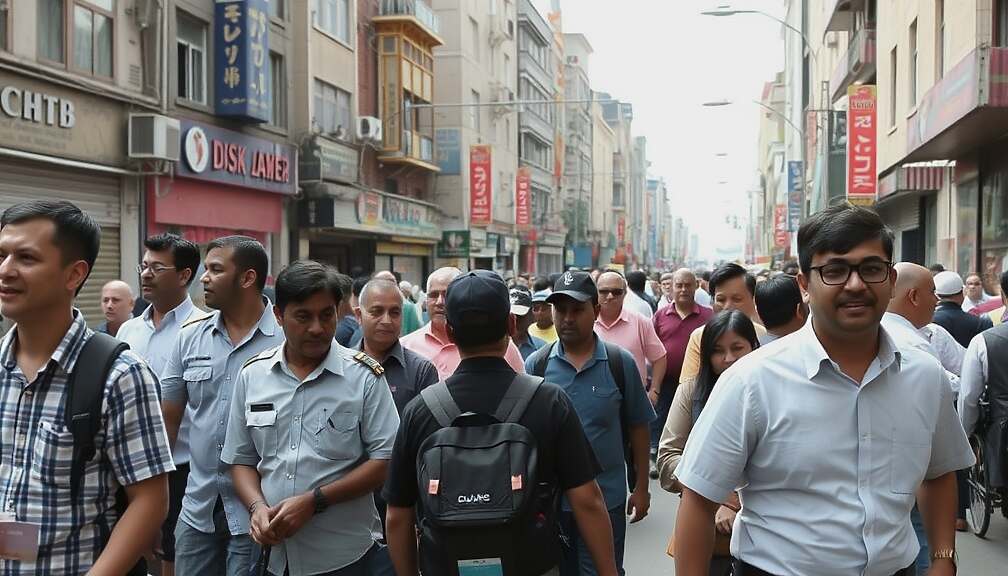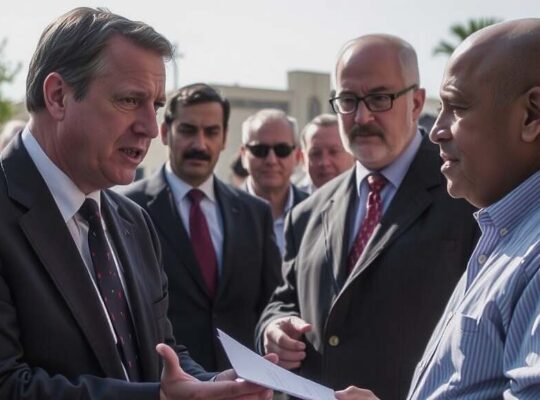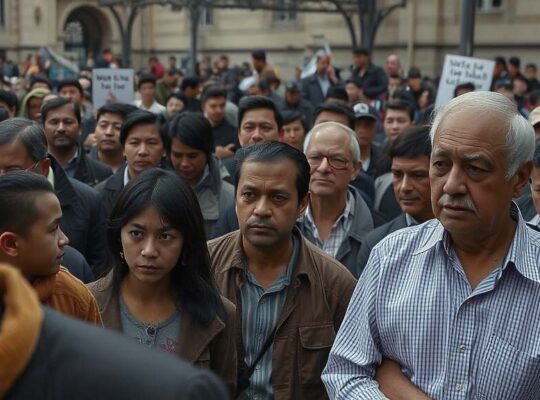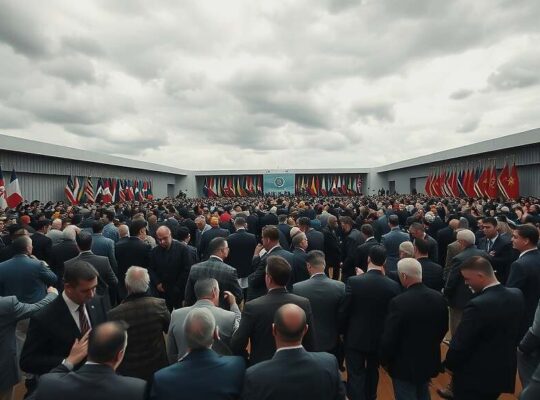Former German President Christian Wulff has sharply criticized Chancellor Friedrich Merz’s recent and controversial remarks concerning urban landscapes, escalating a simmering debate on migration and integration within the country. Wulff’s rebuke, delivered to the “Neue Osnabrücker Zeitung” underscored the potential for such statements to exacerbate societal tensions and divert attention from substantive policy solutions.
Merz’s comments, linking perceived issues in urban environments to deportations, have drawn widespread condemnation, culminating in a public walkout by approximately 30 fellows of the Deutschlandstiftung Integration at an event also attended by Wulff. The incident highlights the sensitivity surrounding the framing of migration within Germany’s political discourse.
Wulff argued that framing complex issues through the lens of a single, scapegoated factor is both inaccurate and dangerous. He specifically rejected the tendency to attribute societal problems solely to migration, warning against the creation of a false perception that simple, exclusionary measures provide a viable resolution. “Politicians should not be allowed to say: We have three problems in Germany: migration, migration, migration” he stated, emphasizing the inflammatory effect of such simplistic pronouncements.
The former president championed a more nuanced and fact-based approach to discussing migration, stressing the essential contribution of immigrants to Germany’s economy and broader societal fabric. He insisted on actively integrating newcomers into key institutions, spanning from local sports clubs to political parties and leveraging their skills and potential to strengthen the nation’s constitution, economy and overall civic engagement. He went further, starkly asserting that Germany’s economic viability is fundamentally dependent on continued immigration.
While Wulff dismissed the prospect of the far-right Alternative for Germany (AfD) holding the chancellorship by 2030 as improbable – expressing confidence that democratic forces have learned from past mistakes – his critique of Merz’s rhetoric suggests a deeper concern that increasingly polarized language risks eroding the foundations of Germany’s democratic consensus and paving the way for extremist narratives to gain traction. The debate underscores the imperative for German political leadership to navigate the complexities of migration with responsibility, empathy and a commitment to promoting genuine integration, rather than resorting to divisive and ultimately unproductive pronouncements.












